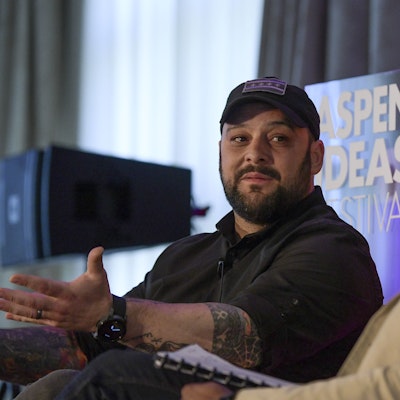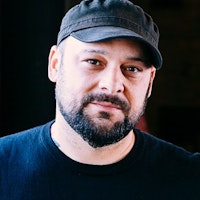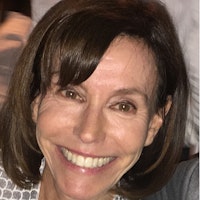
It starts with trauma, with grievance. It starts with marginalization. And then eventually, people find a place to belong to express their rage.
Show Notes
The deadly shooting at a Pittsburgh synagogue is the latest hate crime in an especially atrocious period. The number of hate crimes against religious minority communities has surged in recent years, and it’s likely driven, in part, by the country’s deep polarization. Luckily, solutions are surfacing and some are led by this episode’s speakers. Christian Picciolini is a former white supremacist who now helps others disengage from hate movements. Farhan Latif runs the El-Hibri Foundation, which empowers Muslim leaders. With her Aspen Institute project Inclusive America, Zeenat Rahman is finding ways for a divided America to embrace people of all faith backgrounds. Meryl Chertoff leads the Institute’s Justice and Society program. She’s also executive editor of “Pluralism in Peril,” an Aspen Institute report that offers guidance to interfaith leaders and others on how to build an environment that incorporates American religious minorities.
Learn More
Additional Information
Explore
Related episodes


How do the events of today compare to other periods of extremism in America?


Former white supremacist Christian Picciolini now dedicates his life to helping others counter hate.


Should rules govern demeaning, disparaging, and degrading speech directed at certain groups?


Christian Picciolini went to his first white supremacist skinhead meeting at age 14.


It’s difficult to ignore anger in the United States right now. How can it be managed?









